The only difference between golden raisins and "regular" raisins is that golden raisins are yellow instead of dark brown. In fact, the same type of grape can be used to make both brown and yellow raisins. The only thing that makes them different is how they've been made.
Table of Contents
What are golden raisins?
Golden raisins, also called white raisin, sultana or muscats, have sulphur added to them during the drying process. That is exactly why it has its distinctive colour.
The sultana grape, from which these raisins are made, is a type of grape. Sultanas are white, oval grapes with a sweet taste that don't have any seeds. This makes them the best kind to use to make raisins. Mostly in Chile, Argentina, South Africa, India, Iran, Turkey, and Turkey.
So, even though we might think, based on their colour, that golden raisins emerge from white grapes and the other types of raisins come from black grapes, we couldn't be more wrong. All of them come from sultana raisins, which are also called sultaninas.
Why are golden raisins called sultana?
The name "sultana" or "sultanina" makes sense because it comes from the Ottoman Empire, where raisins may have been eaten for the first time. When the Sultan started doing business outside of Turkey, people from other countries began calling them sultanas to honour him.
Difference between regular and golden raisins:
Even though there are some small differences between the two, the short answer is that you can use either one. Before we get into the details, though, we want to point out that you may have seen the word "sultana," which is what people in many parts of the world call golden raisins.
For both kinds of raisins, grapes, usually Thompson Seedless, are dried for about three weeks. Golden raisins are a little bit bigger than regular raisins, but they are both soft and sweet. Both are great in oatmeal and cookies, but the dark colour of raisins can be a nice contrast to a beige background. And because they are bigger, raisins tend to work a little bit better in recipes that call for them to be soaked first to make them plumper (the soaking liquid can range from hot water to alcohol, depending on the use). As for why they look different, sulphur dioxide, which is used as a preservative, helps golden raisins keep their lighter colour.
How to store raisins?
Raisins of any kind should be kept in an airtight container instead of the bag or box they came in. If the ones in your pantry have dried out, you can put them in a bowl and pour boiling water over them to soften them again. In 10 to 15 minutes, they will be soft again, so you can sit them on a paper towel to dry before using them.
Health benefits of golden raisins:
Boosts Gum health
Raisins can heal tooth decay and fill in holes in teeth. Researchers have found that eating this fruit is good for your oral health because it has antimicrobial properties that stop cavities and heal tooth decay. It has antimicrobial phytochemicals that stop the growth of bacteria in the mouth that cause gum disease and tooth decay. Raisins contain oleanolic acid, which stops the bacteria Streptococcus mutans and Porphyromonas gingivalis from growing.
Boosts gut health
Raisins are thought to be high in fibre, which helps with digestion and keeps you from getting things like diarrhoea and constipation. It offers both soluble and insoluble fibre that assures healthy movement through intestinal tract by lowering the chances of constipation and discouraging loose stools. The calories and fibre in dried ones are higher.
Brings down blood pressure
Researchers have found that eating raisins every day helps lower blood pressure by a lot. Raisins also have potassium, which keeps your heart healthy. Potassium is an important mineral that helps the body's tissues, cells, and organs work well. People with diet enriched in potassium have low chances of stroke especially ischemic stroke.
Diabetes management
S Researchers have found that raisins can help people who have type II diabetes. The fibre in raisins also helps the body break down the natural sugars in raisins, which prevents insulin spikes and is a natural way to control diabetes.
Raisins are a good way to treat acidosis because they contain a lot of magnesium and potassium. Since it is considered basic on the pH scale, magnesium and potassium are also often found in antacids. There are two types of acidosis, which can be caused by things like an increase in blood acidity or gas in the respiratory system. This can lead to skin diseases, boils, damage to internal organs, kidney stones, and gout.
Boosts oral health
Raisins have a lot of calcium, which is important for strengthening and remineralizing tooth enamel. Boron, which is found in these dried fruits, stops germs from growing in the mouth and keeps teeth strong so they don't break or get cavities. It stops the growth of the bacteria Porphyromonas gingivalis and Streptococcus mutans, which are what cause cavities.
Packed with antioxidants
Raisins have a lot of antioxidants, like polyphenolic phytonutrients and catechins. The antioxidants stop the damage done by free radicals, one of the main reasons why cancer cells like macular degeneration grow. Fibre helps the body get rid of bile by flushing out toxins.

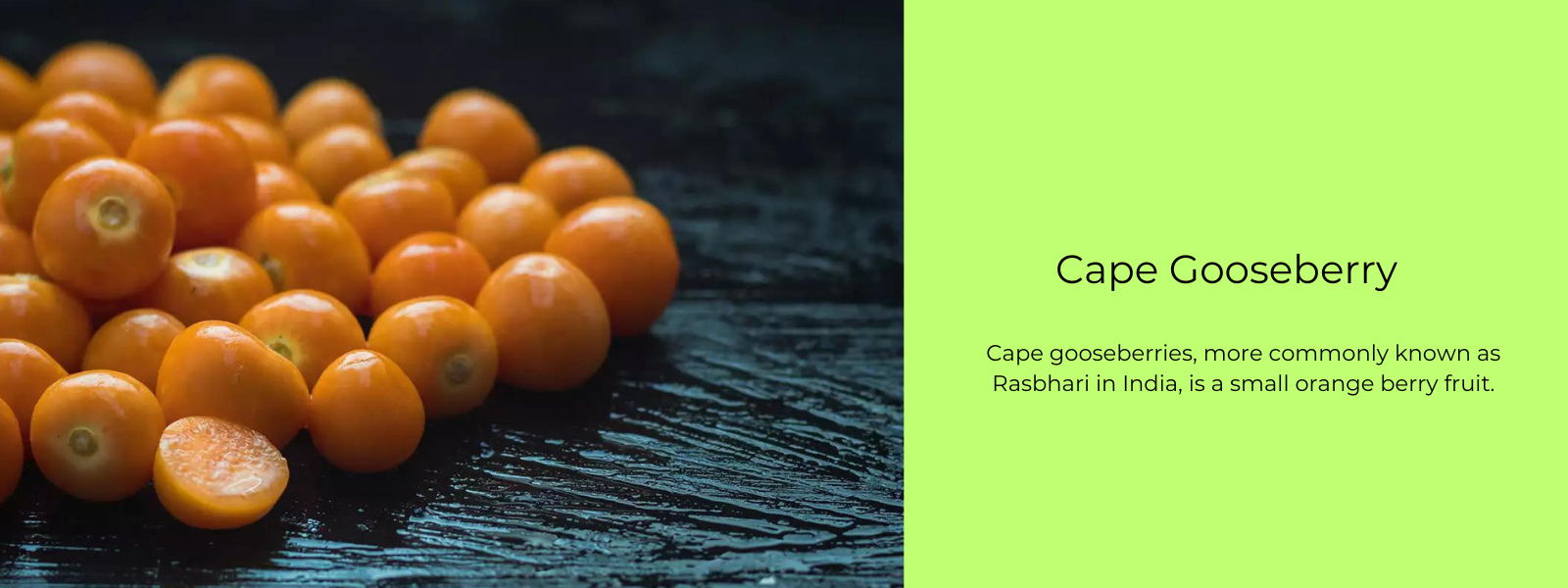
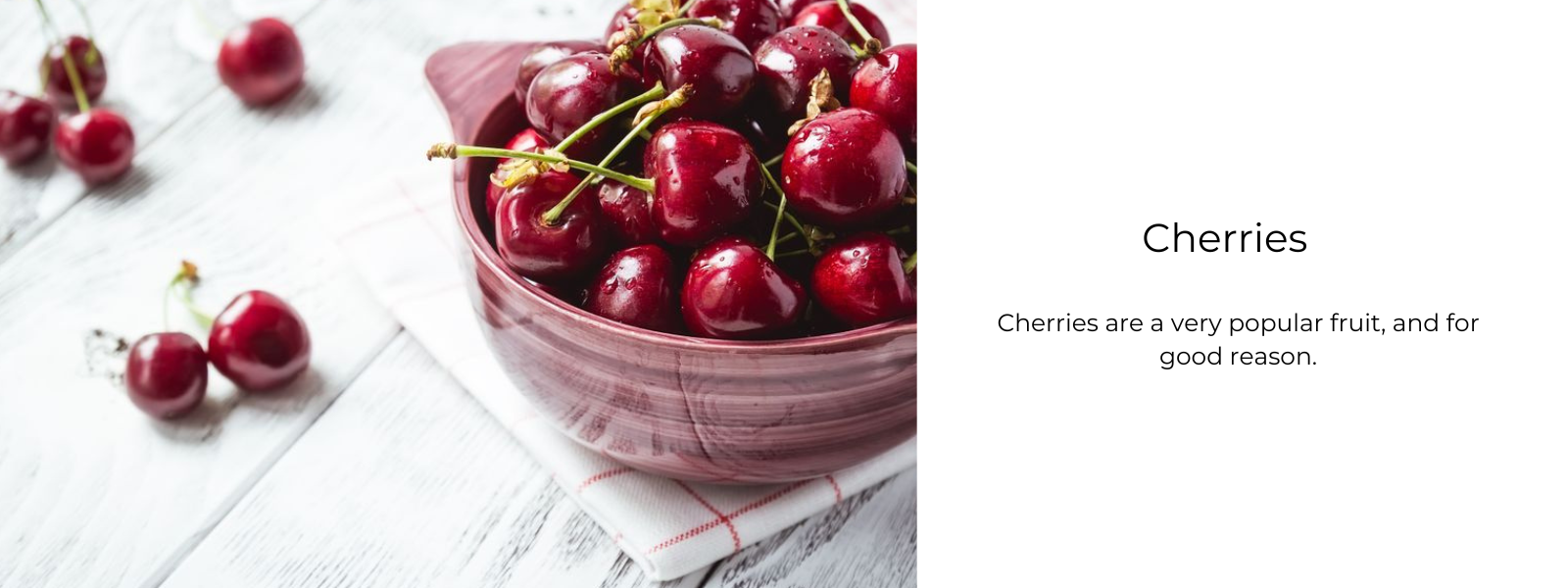
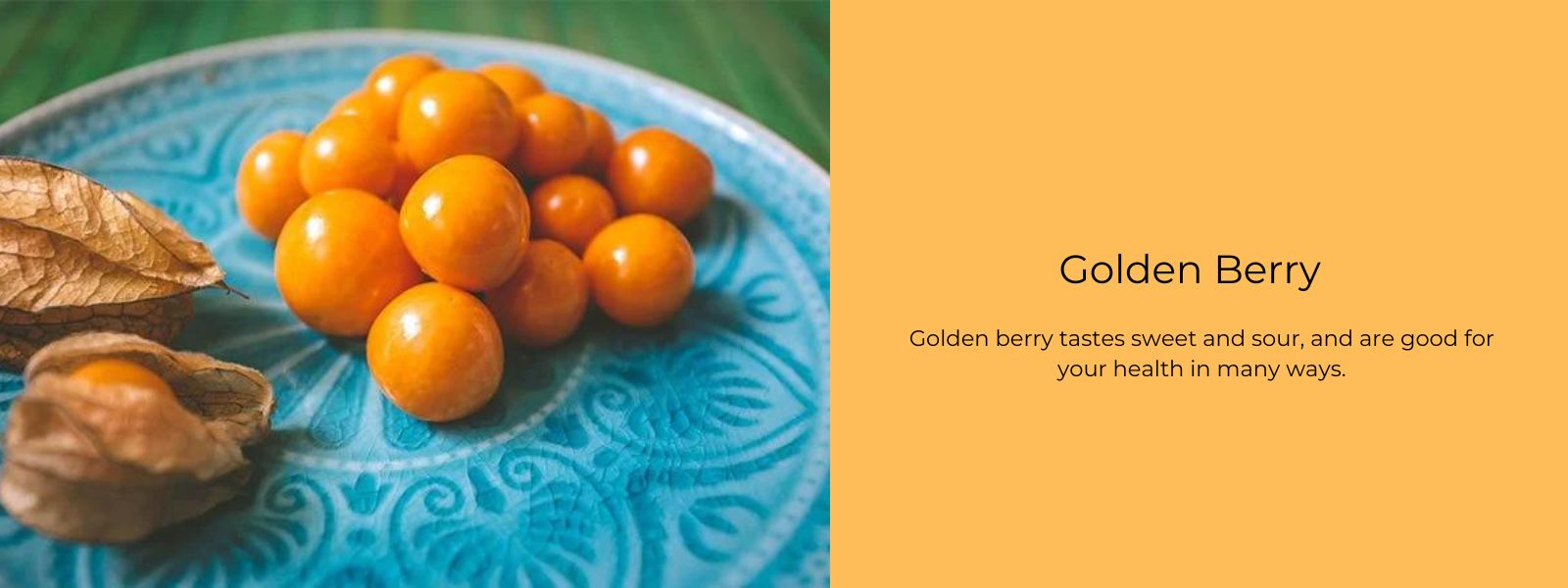
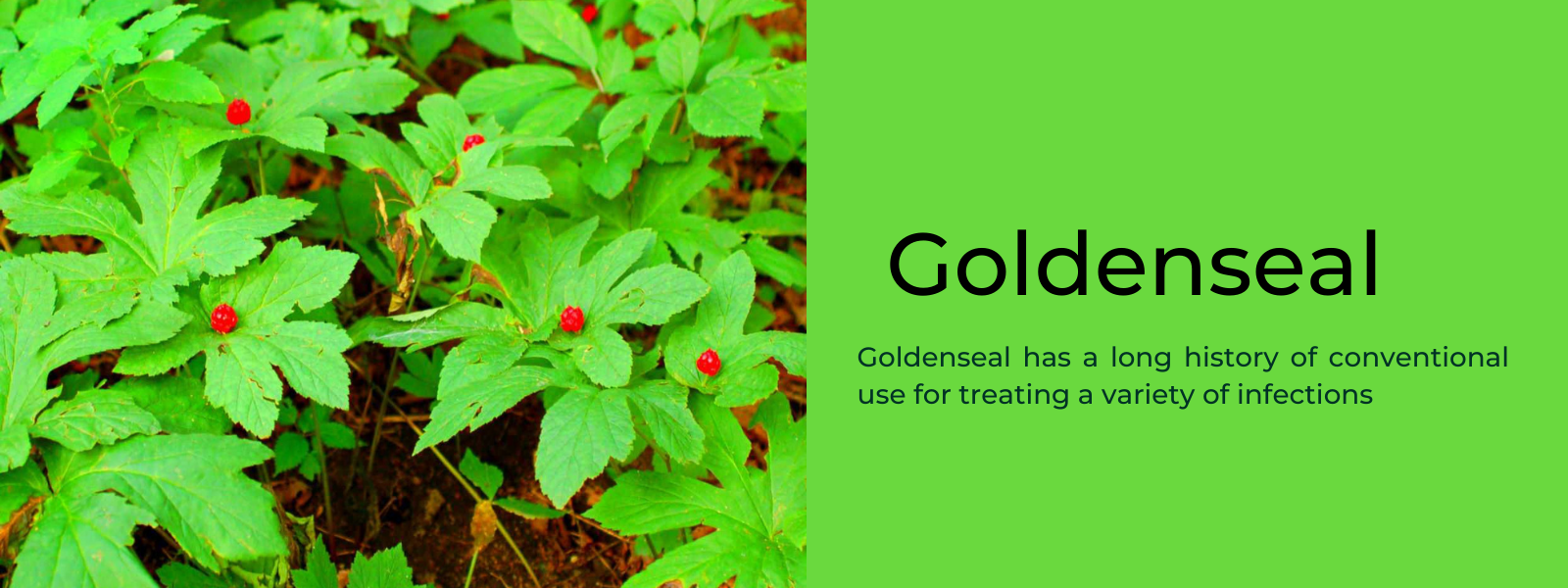
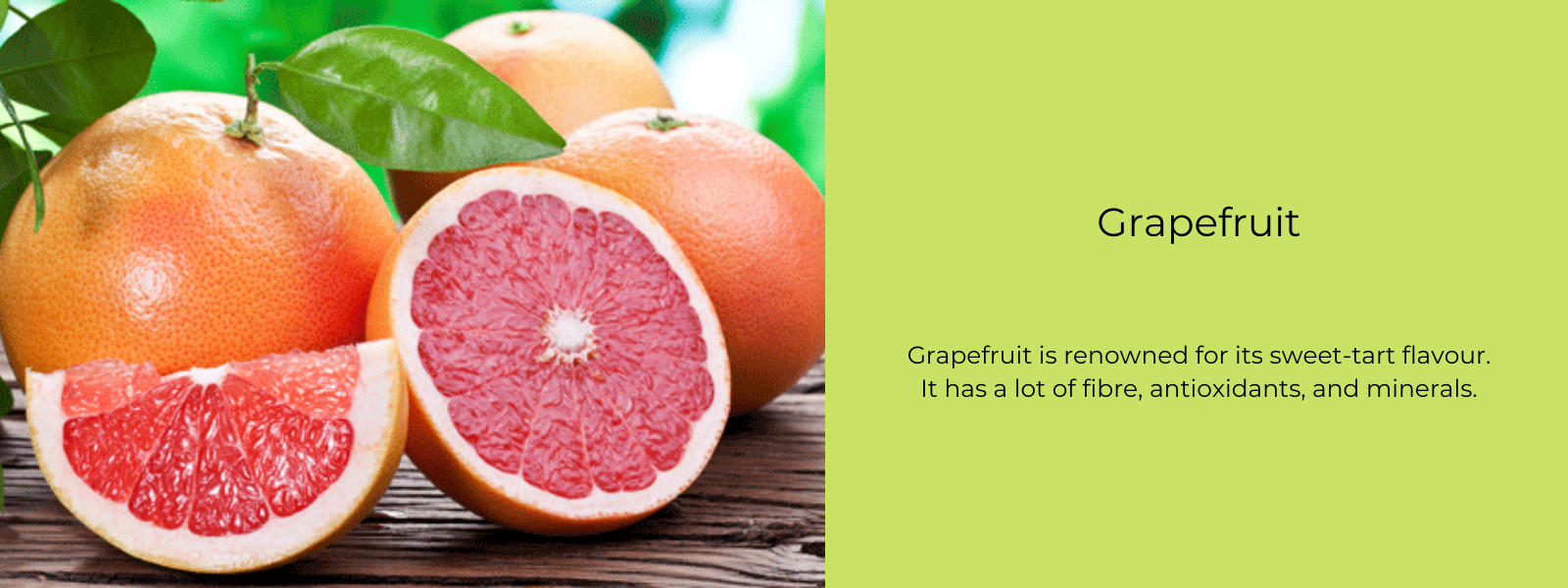
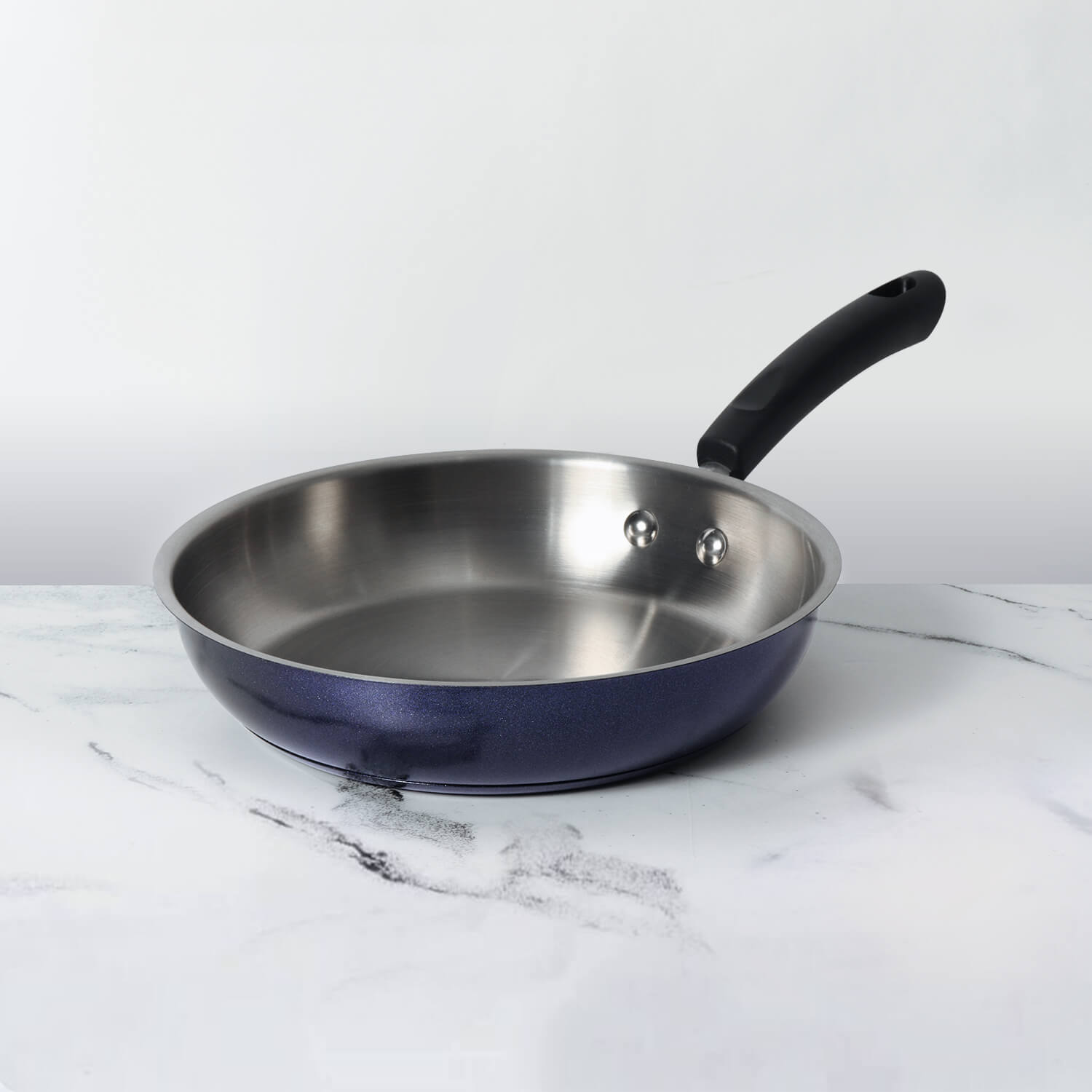
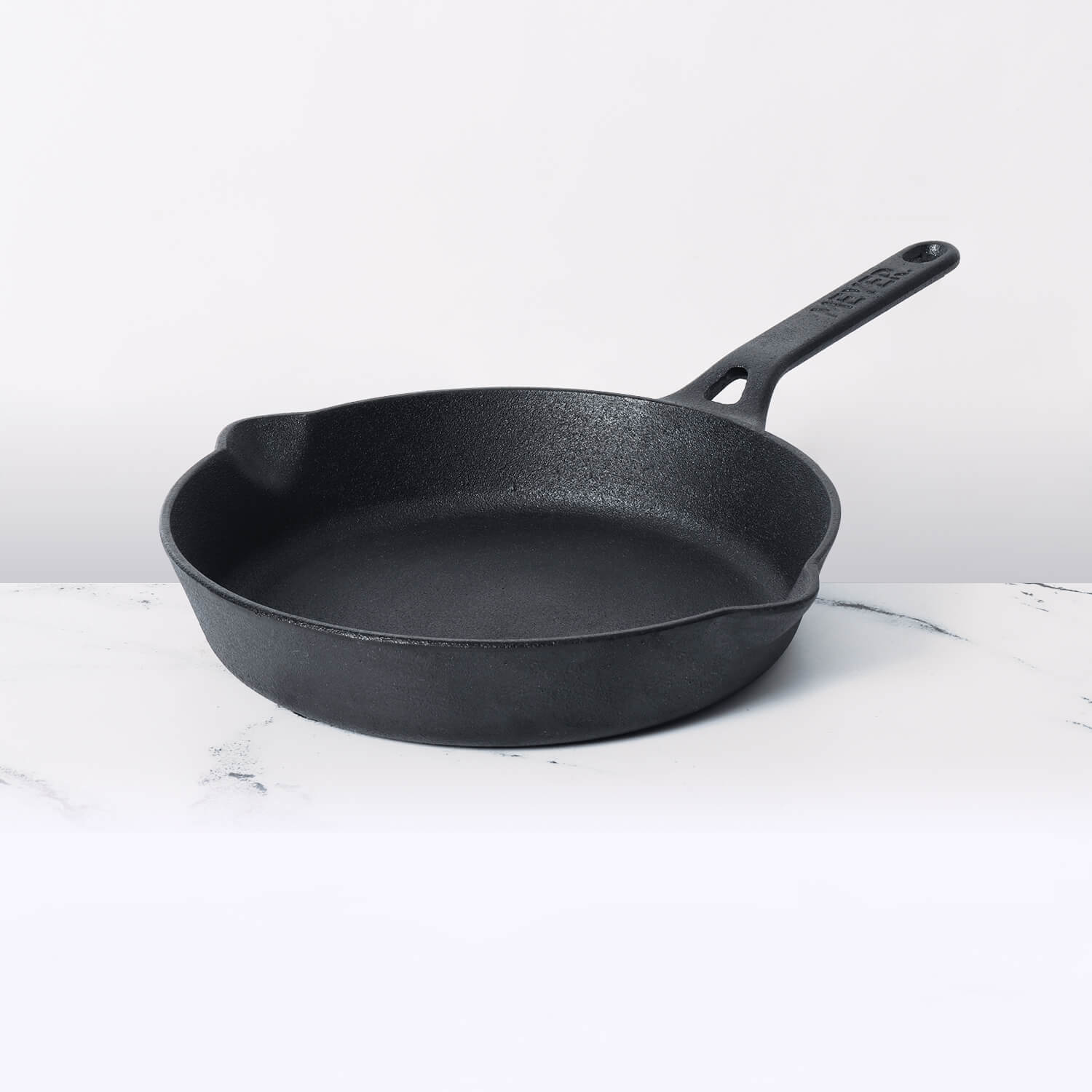




Leave a comment